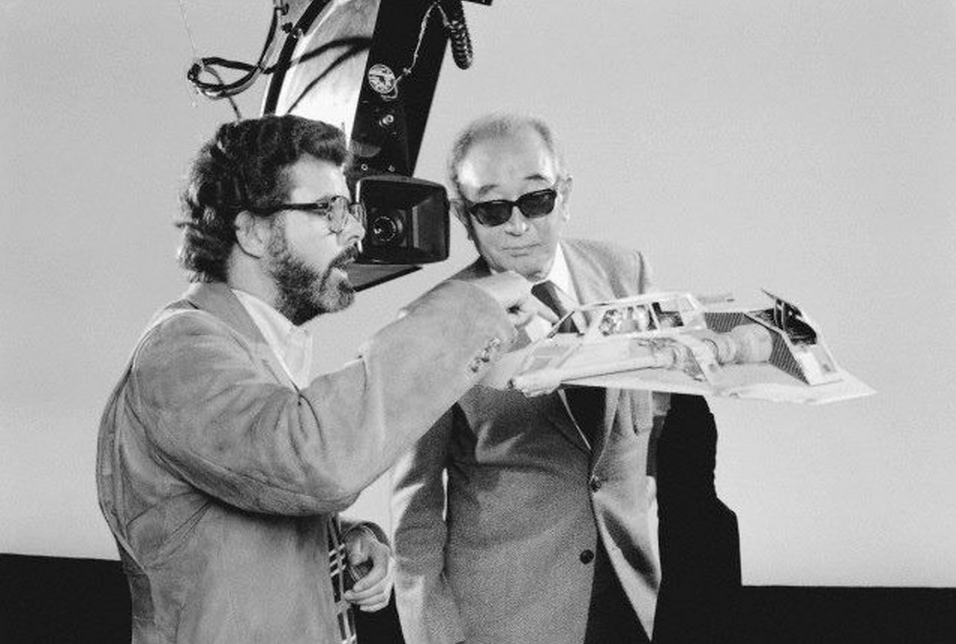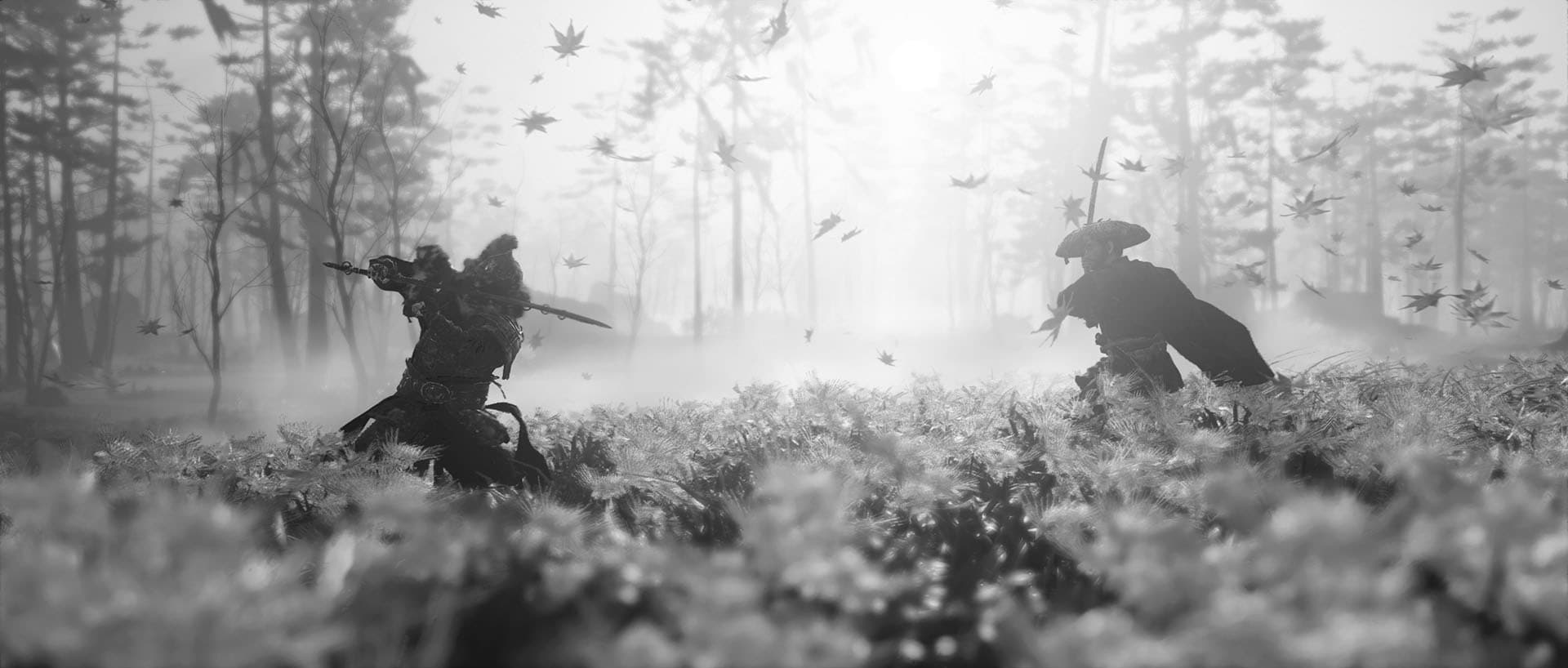Filmosophy: Being Charlie Kaufman
16 October 2017
Is Charlie Kaufman a philosopher? Many believe so. His films are increasingly screened in...
Our Young Programmer Ricardo looks into the work of the father of modern Japanese film, Akira Kurosawa, and how his legacy lives on.
Born in Tokyo 1910, Akira Kurosawa is considered as being the father of the modern Japanese film industry and one of the greatest and most influential filmmakers of all time. Kurosawa directed classics such as Seven Samurai, Yojimbo and Sanjuro, regularly collaborating with acting legend Toshiro Mifune. Kurosawa defined the Samurai genre for Hollywood and taught audiences about the bushido code and the samurai way of life.

George Lucas and Sergio Leone attribute Kurosawa’s work as being the inspiration behind the Star Wars films as well as the widely acclaimed Dollars Trilogy, and John Sturge’s The Magnificent Seven is based on Kurosawa’s ground-breaking epic Seven Samurai.
Yojimbo and Sanjuro in particular were responsible for the idea of the lone gunslinger used in many westerns, originating from the solitary samurai. These characteristics have been carried through film for decades, evolving into the idea of the ‘sole’ hero we see often in many modern action films.
Many aspects of films in the Star Wars saga have stemmed from Kurosawa’s grand-scale adventure The Hidden Fortress. For instance, the character of Princess Leia was inspired by Princess Yuki, and details such as the wipe transition and the consistent use of landscape shots are how George Lucas took inspiration from Kurosawa’s style and grew the films into the mega franchise that is Star Wars today.
Growing up in Japan during the mid 1900s, Kurosawa was exposed to the country’s transition towards western ideals. Despite embracing this change during his adolescence, he never abandoned ‘the Bushido code’ and the traditions passed on by his samurai father. By combining his experience of both worlds, Kurosawa created films which bridged the gap between both Hollywood’s and Japan’s style of storytelling.
His influence has even reached as far as the gaming industry through Sucker Punch Production’s latest highly-anticipated game Ghost of Tsushima. In an interview with Indie Wire, director Nate Fox said “we really wanted to pay respect to the fact that this game is so totally inspired by the work of this master”. Features like the black and white ‘Kurosawa mode’ is just a small example of how Ghost of Tsushima pays homage to Akira Kurosawa and his style of filmmaking.

Nate Fox went on to say that Kurosawa’s most famous films would define his “concept of what a samurai is” and his aim for the players was to “experience the game in a way as close to the source material as possible”. The opening standoff scene, featuring combat sequences, is akin to the final showdown in Sanjuro, and the use of weather representing the protagonist’s emotions throughout the game’s cutscenes is another subtle nod towards Kurosawa.
Kurosawa’s style and originally unorthodox methods of filmmaking is what evolved the film industry to where it is today, with many great filmmakers taking inspiration from Kurosawa’s approaches, and creating projects following his methods. His influence continues to echo across the world of film, decades after his passing, and his legacy continues to live on through work from esteemed directors such as Martin Scorsese and John Sturges.
Have a look at what's on to book a screening or event.
Still adding?
If you don’t want to view your Watch list right now, you can access your list anytime from your profile.